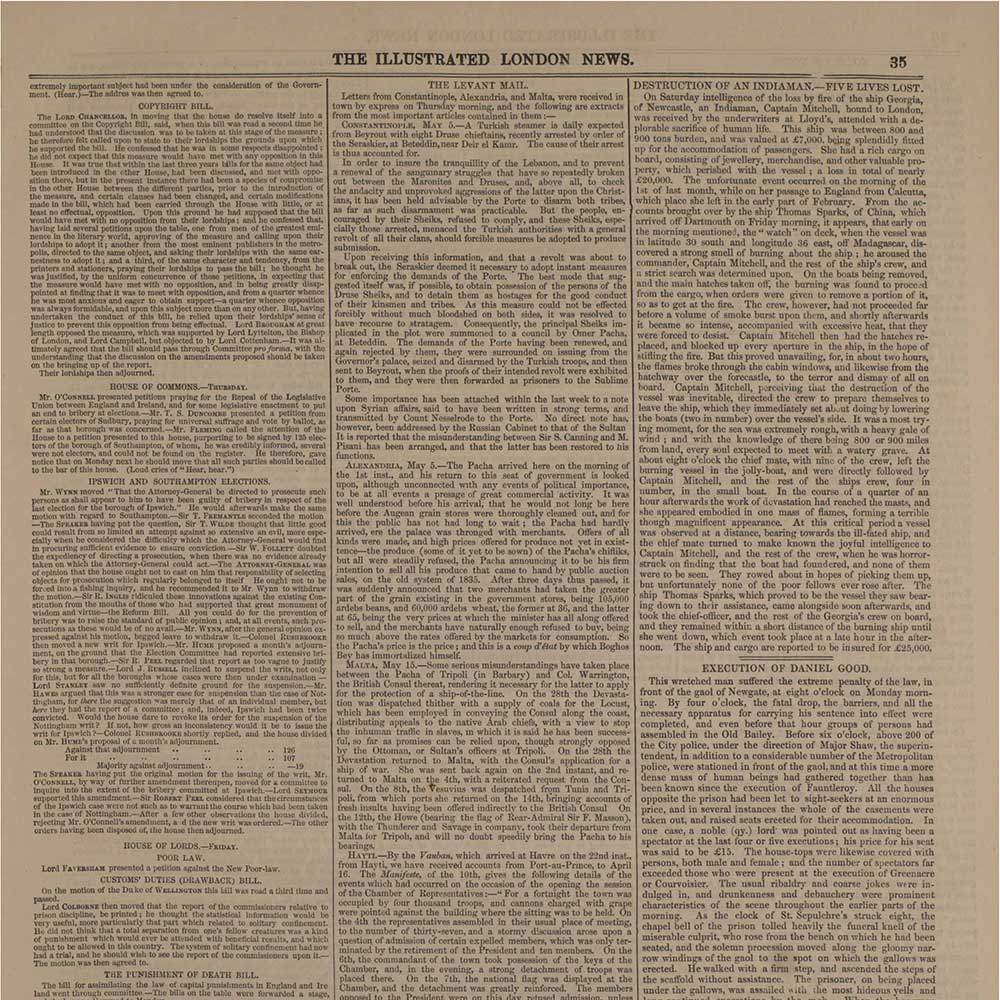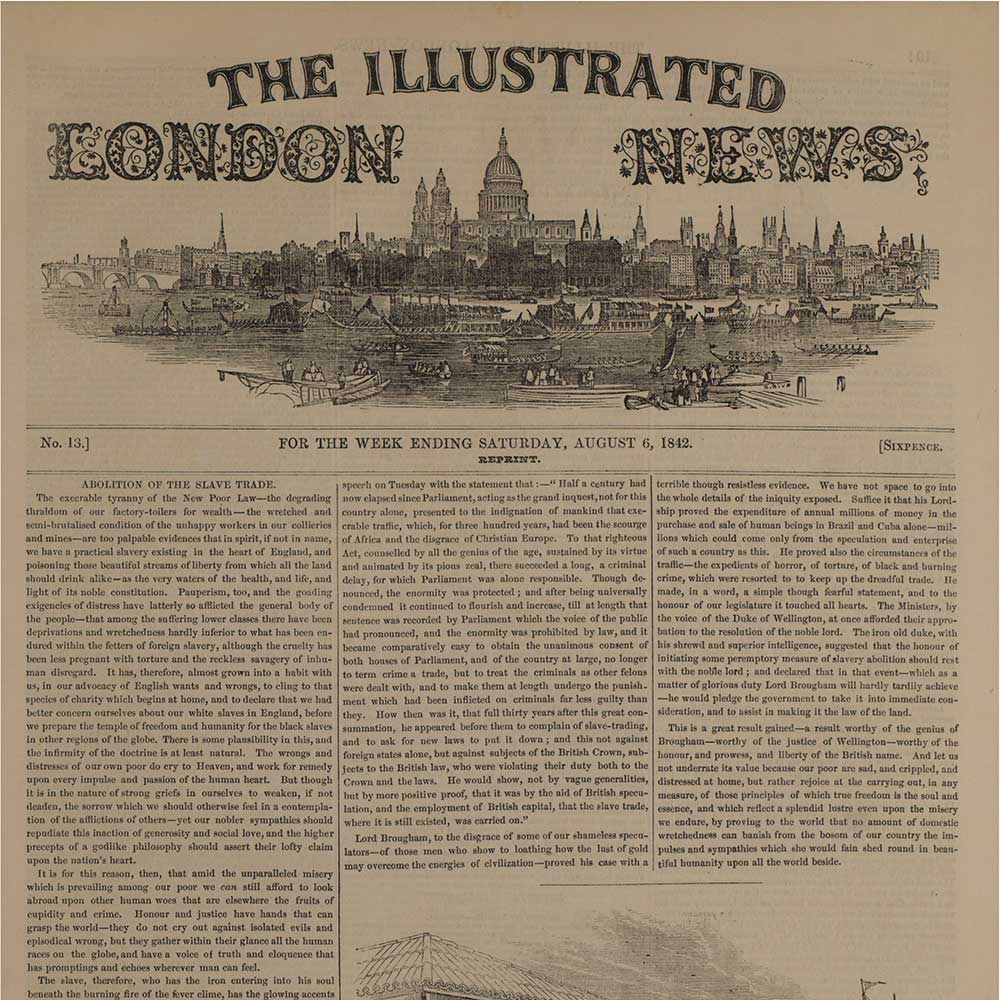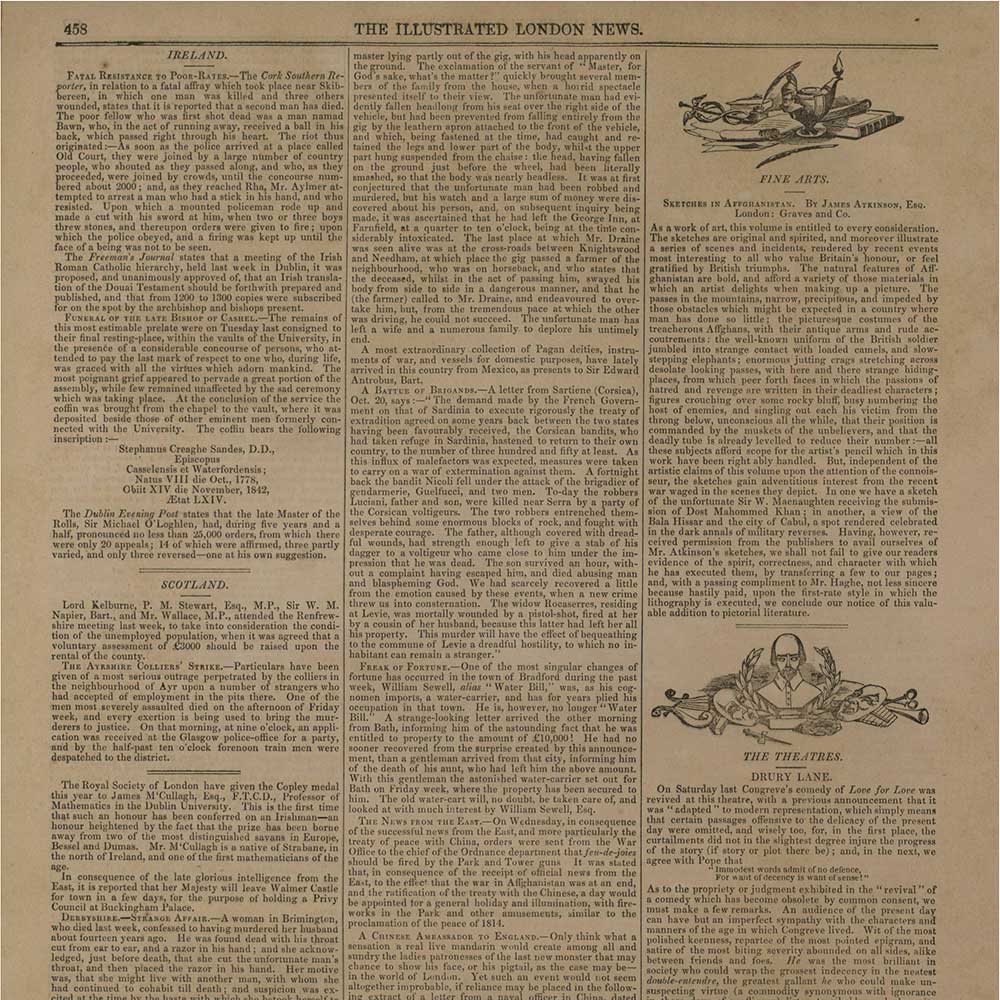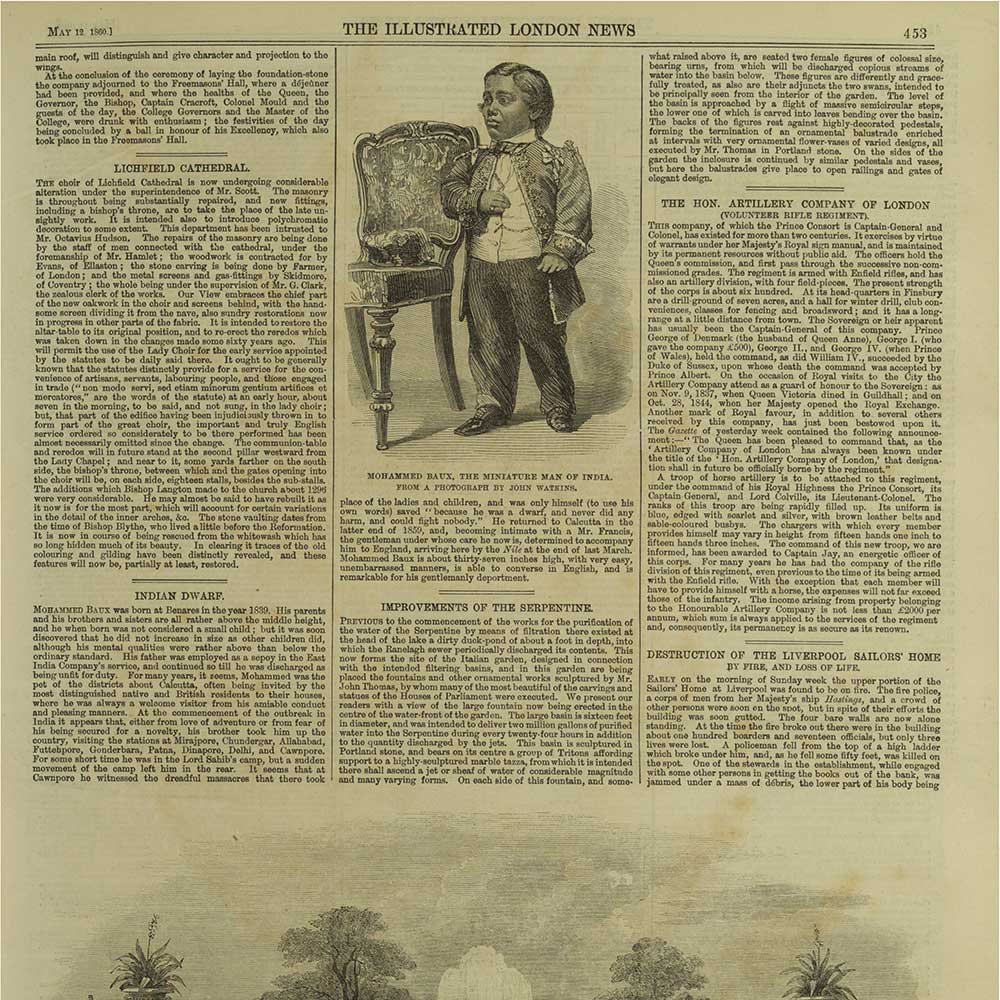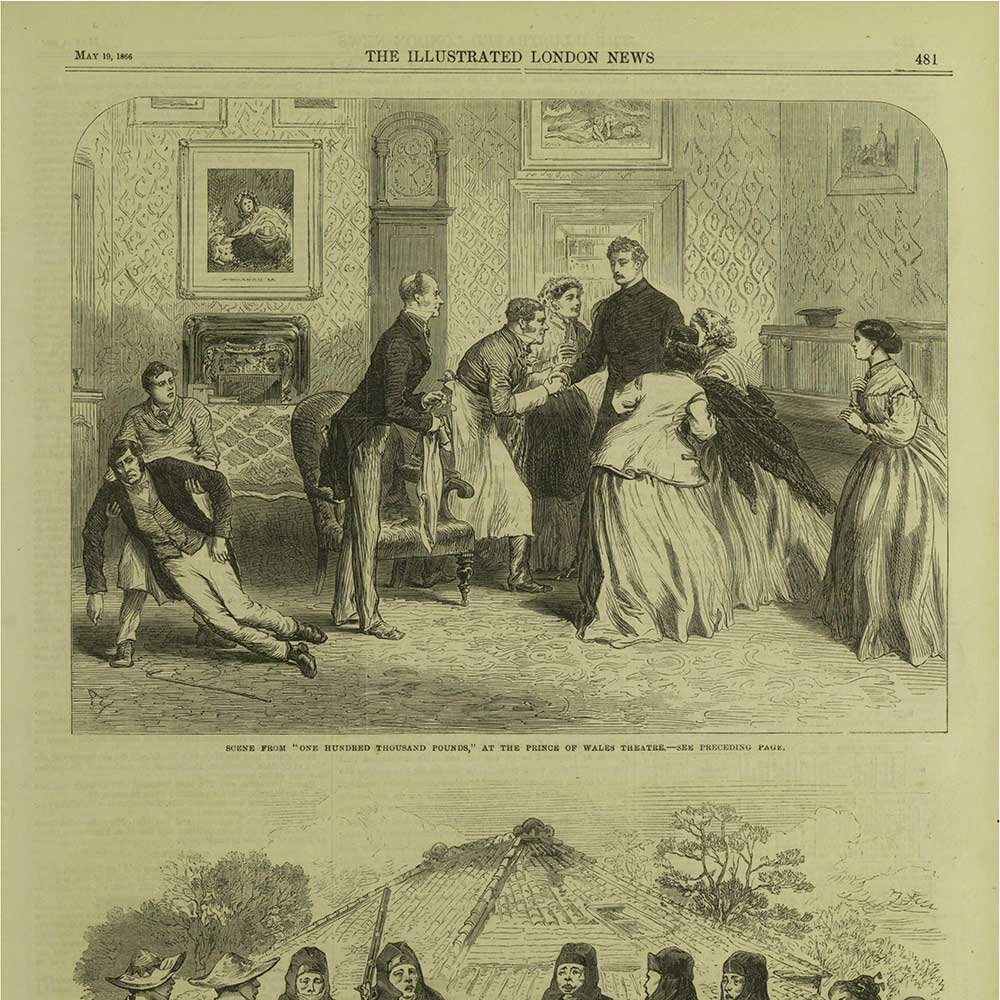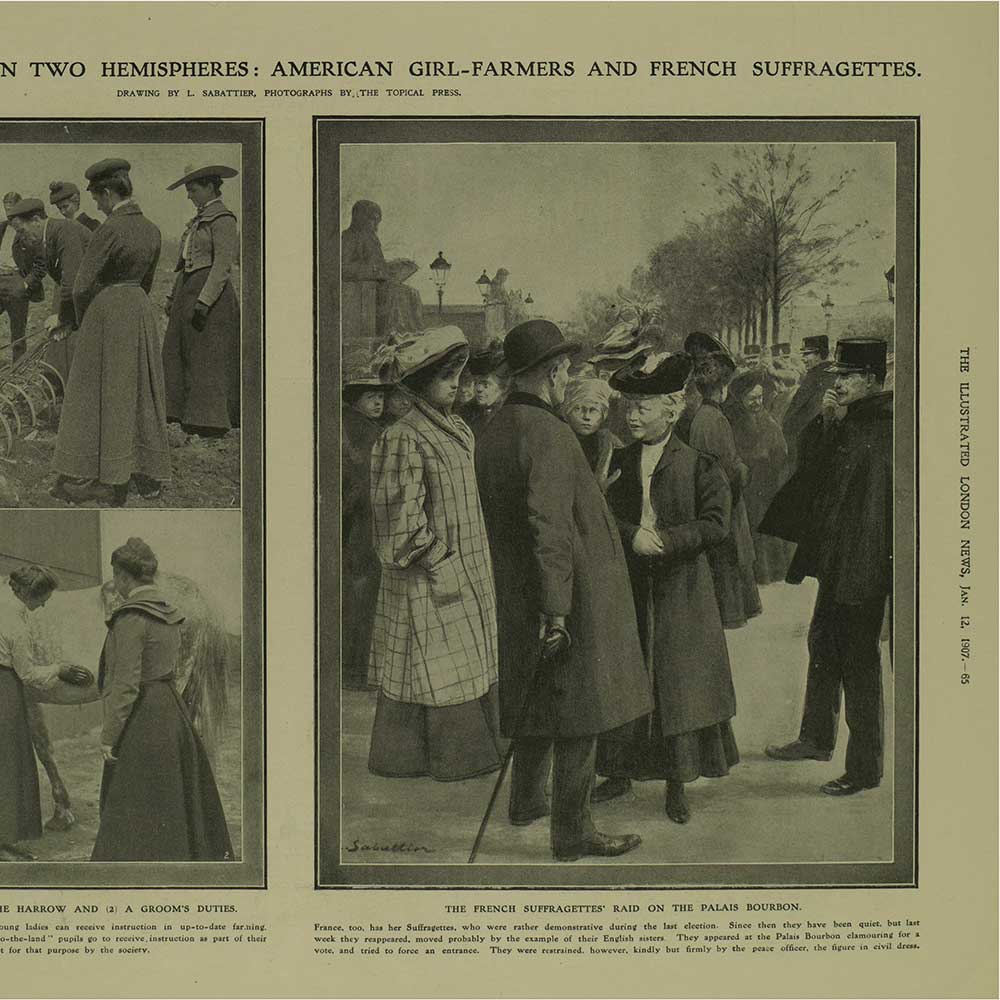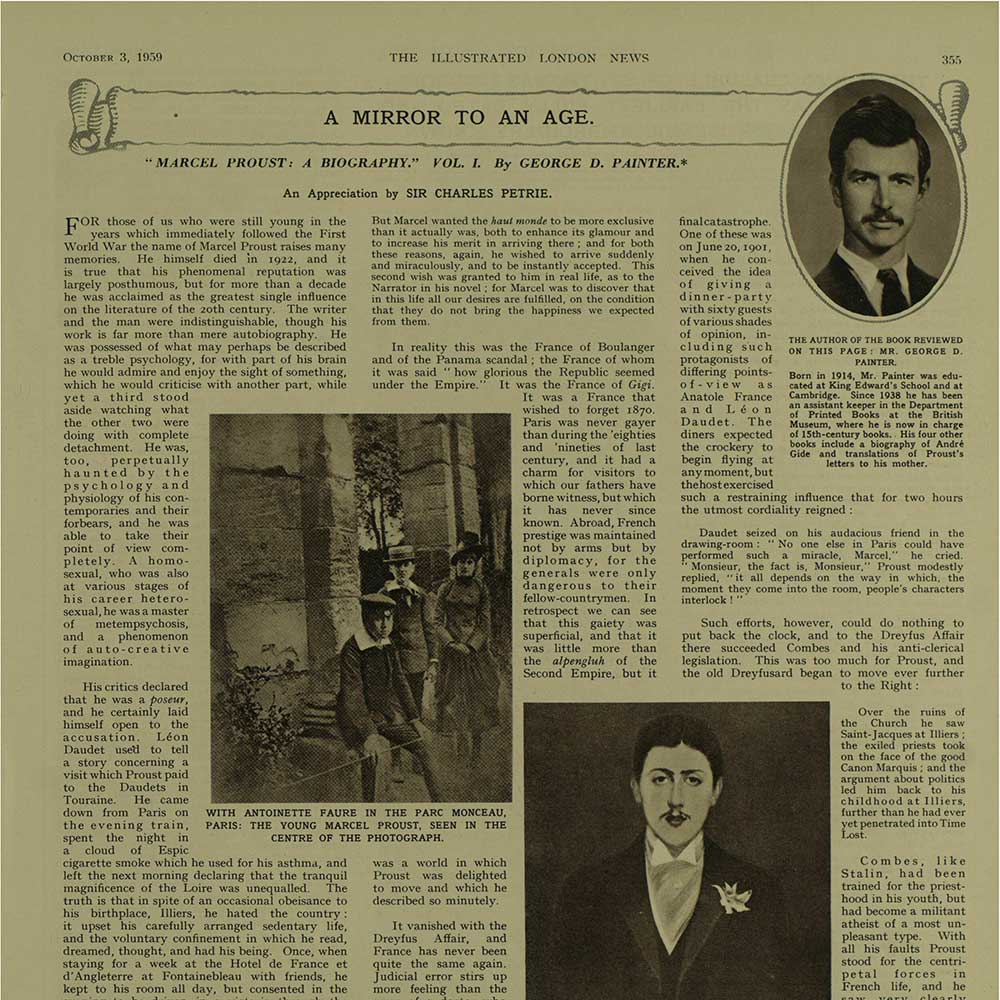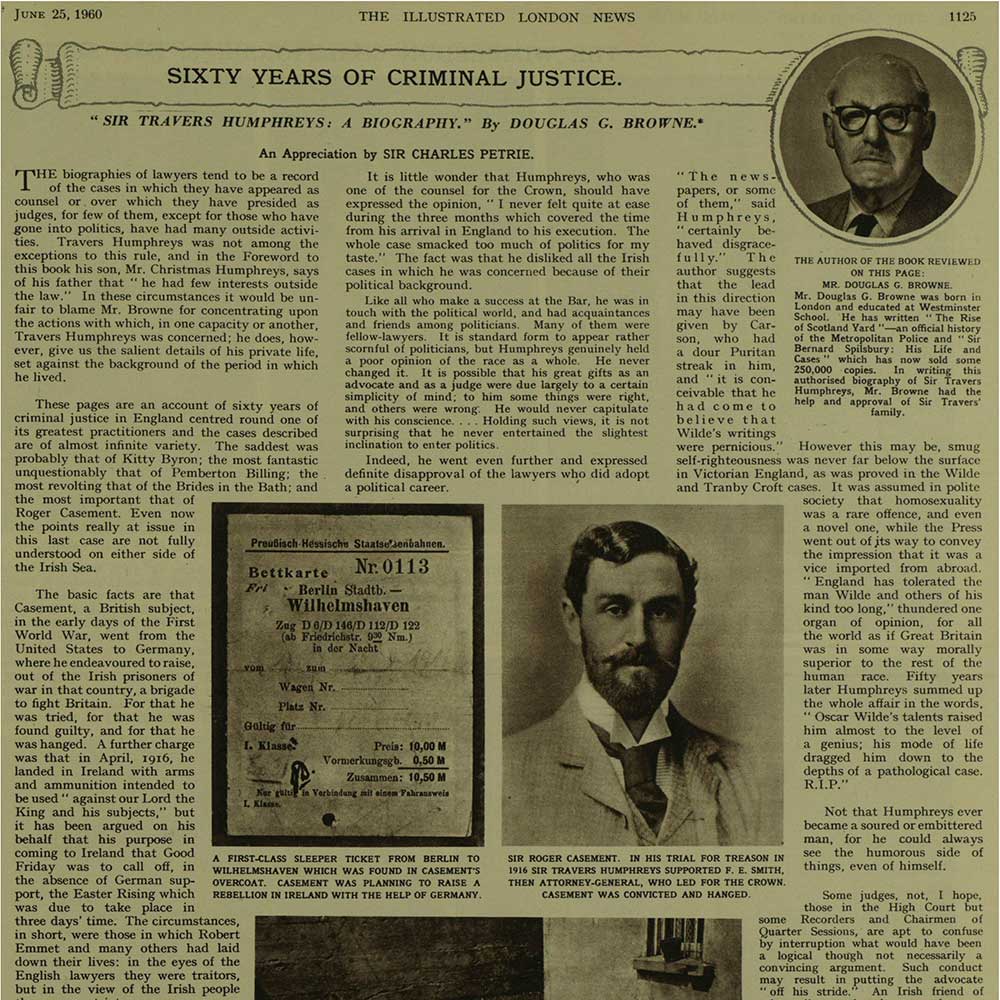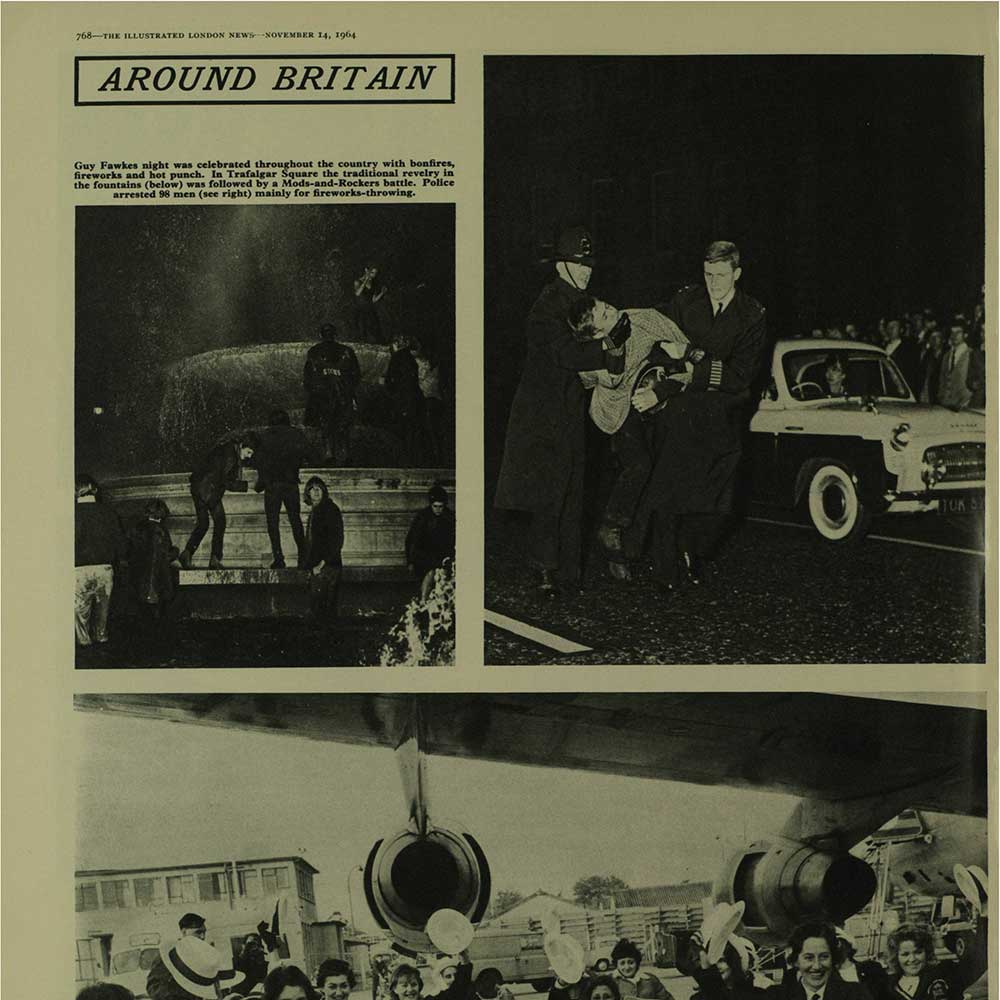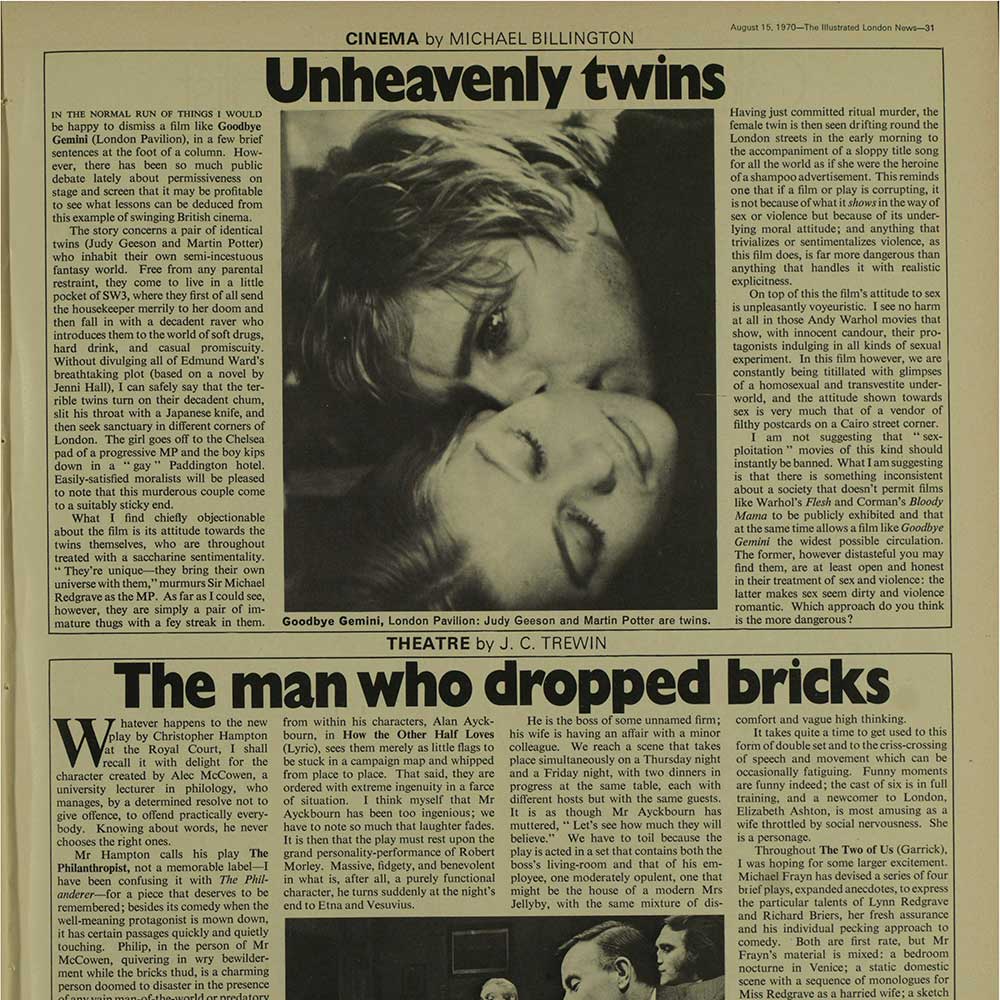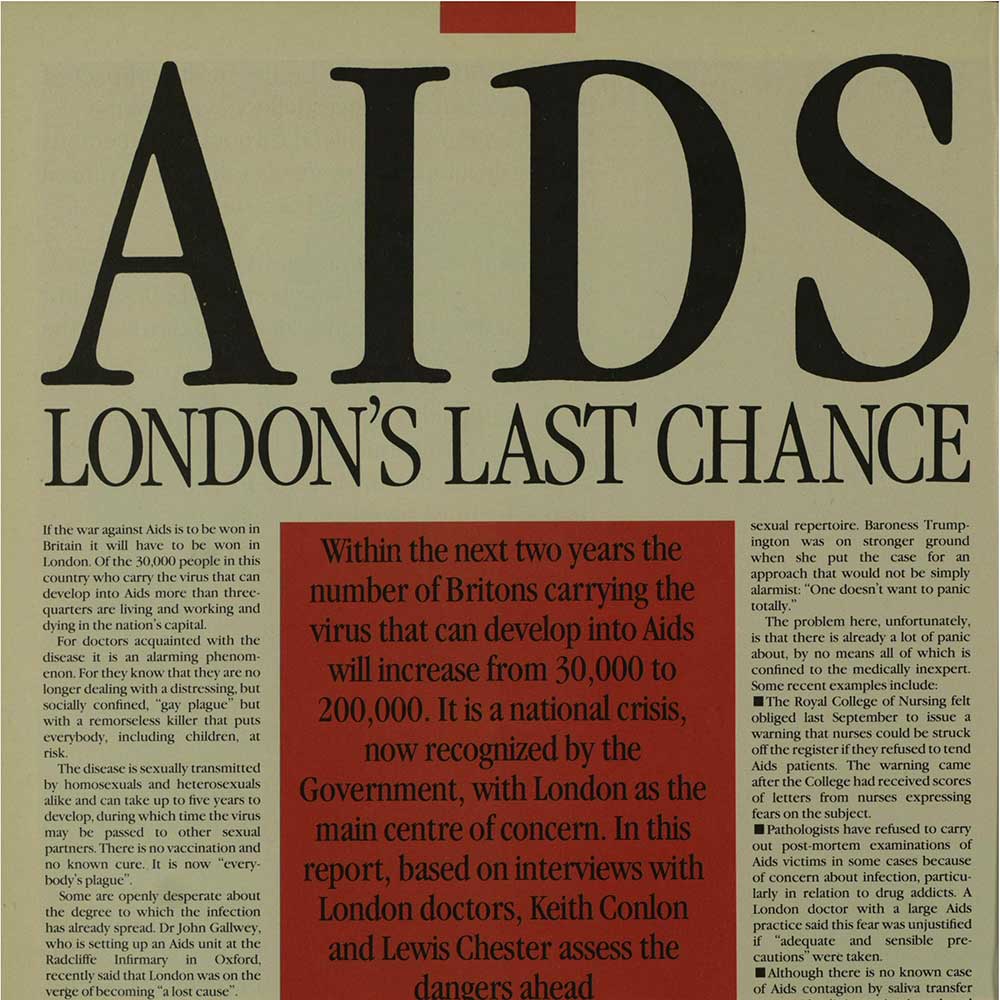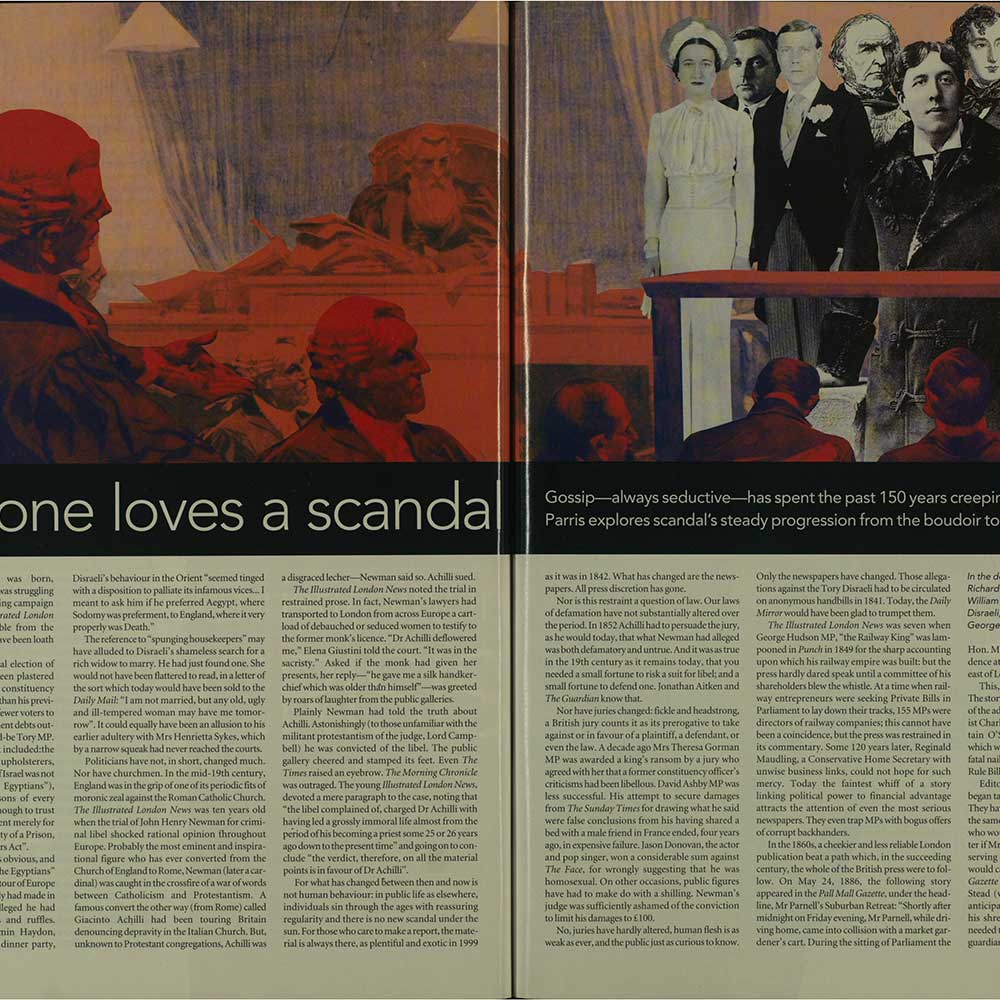This content was provided by Illustrated London News Ltd., using the Illustrated London News Historical Archive.
‘Decolonizing’ of historical collections or educational resources describes surfacing diverse content and revisiting its meaning from a contemporary perspective. It is related to Revisiting Collections, a collaborative approach to reinterpreting collections by ‘capturing and sharing multiple perspectives on archive collections’.
‘Decolonizing’ is an active point of discussion within the media, in heritage, and in academic research.
“Whose colonization of whom are we talking about? Some countries have colonized other countries, some cultures have colonized other cultures, some races and castes have colonized and enslaved others, some languages have colonized other languages, some religions have eviscerated others, some ideologies have wiped out others, some genders have dominated and oppressed others. The categories are infinite, the hierarchies complicated and intersecting, the project of domination ongoing.” (Arundhati Roy, 2017, The Guardian: 'Open the doors and let these books in' - what would a truly diverse reading list look like?)
Following student calls for university English literature syllabuses to be ‘decolonized’, Hanif Kureishi, Arundhati Roy, Kamila Shamsie, and other authors reflect on the debate and choose essential books by black and minority ethnic writers.
The quotation was cited within the UAL Call for proposals from the Decolonising the Arts Institute.
The debate focuses on race, ethnicity, and religion, though can be extended to discuss protected characteristics. The Equalities Act 2010 aims to reduce inequality and protect against discrimination. The Act notes nine protected characteristics:
- age
- disability
- gender reassignment
- marriage and civil partnership
- pregnancy and maternity
- race
- religion or belief
- sex
- sexual orientation
Whilst not all aspects will be present in the collections, these have been used where possible to help identify, select and categorize diverse content from Illustrated London News Historical Archive.
A NOTE ON HISTORICAL DESCRIPTIONS
Some of the historical terms used within the publications and indeed descriptive metadata will be out of date, and in some cases offensive to modern considerations of identity and protected characteristics, along with their context and how they are described. These have been used here to surface relevant content from the historical context, for example, Colonial, Colonialism, Africa, India, Indies, China, Asia, Japan, African, Negro, Indian, Native, Tribe, Tribal, Caribbean, Chinese, Asian, Japanese, exotic, oriental. It should also be noted that the use of ‘queer’ in these historical resources will usually surface content and people considered unusual by culture, faith, or lifestyle, rather than specific to LGBTQ+ histories.

